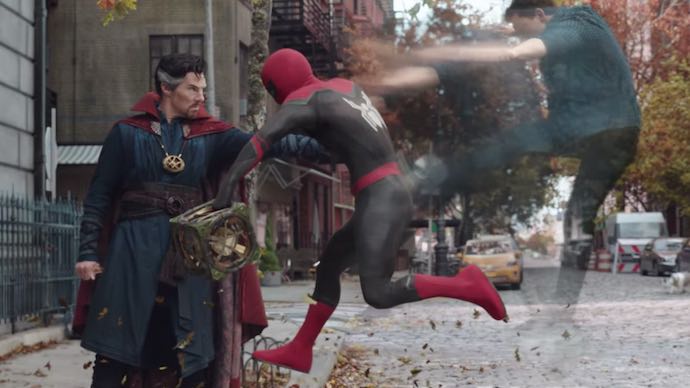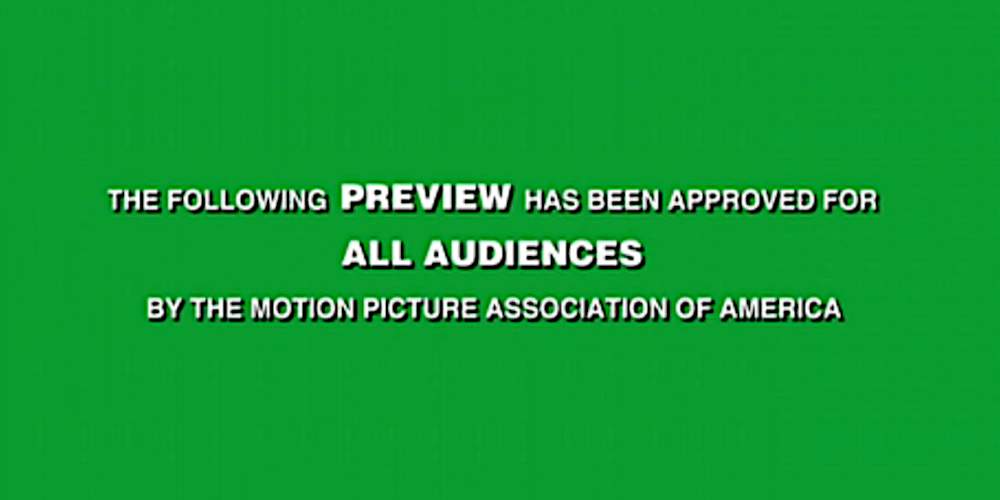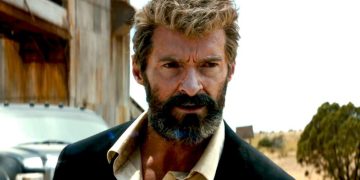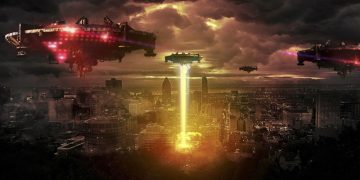Not so long ago, movie trailers were little more than lead-ins to the feature film you were about to watch in the theaters. They were teasers that advertised upcoming movies.
But as the internet came to dominate modern movie culture, the purpose and value of the movie trailer also changed.
Today, movie trailers have become an art form of their own. Fans wait like rabid wolves to catch the first glimpses of upcoming movies so they can make broad, sweeping judgement calls on how good the flick will be based upon the little bit of evidence given.
Movie trailers in the 21st century are more than just teasers and advertisements. They've gained their own kind of narrative, forced to encapsulate the body of the film to come while sometimes changing key sequences to purposely mislead audiences.
To show how movie trailers have evolved into their own kind of filmmaking art form, here are several noteworthy movie trailer examples from throughout cinema history.
In 1999, Star Wars: The Phantom Menace's Movie Trailer Debuts Online
Hard as it may seem to grasp, back in 1999, movie trailers weren't commonly found on the internet. Instead, they were only seen before films at the movie theater or as commercials on TV.
Well, Star Wars: The Phantom Menace changed that. While it still debuted before large audiences in cinemas, the trailer was also made available to stream online for those who had internet access.
Did it set the world on fire? Not really, given that most people didn't have high-speed internet at the time and could only watch it in movie theaters. However, the idea to put movie trailers online suddenly made sense to those who foresaw the World Wide Web's future.
Getting movie trailers to the masses didn't happen in one fell swoop, but The Phantom Menace did set the foundation for movie previews to become an art form—by making them available online.
So, if you remember arduously downloading this movie trailer—to watch in poor quality on a small computer screen—just know that you witnessed an important moment in the evolution of movie trailers!
In 2007, The Dark Knight's Movie Teaser Sets Up a New Market
In 2008, nine years after Star Wars: The Phantom Menace proved that audiences would go to their computer screens to watch a new trailer, The Dark Knight pushed the concept to new heights.
It may have only been a teaser—not a full-blown trailer—and it may have released a whole year before the actual film debuted, but the style and impact forever changed how movie trailers were made.
The imagery showed a shadowed bat symbol on screen while the voices of Christian Bale, Michael Caine, and Heath Ledger played to give audio glimpses of what this new adventure would contain.
Of course, we all now know that The Dark Knight ended up being a masterpiece of cinema. But the movie teaser itself succeeded independently from the film, showing how teasers could successfully build excitement and interest long before the movie's release itself.
Today, many film producers start cutting together footage for public movie trailers as soon as the cameras start rolling, like we saw with The Batman in 2020. That's all owed to The Dark Knight's impact.
In 2017, Logan's Two Movie Trailers Become Art Unto Themselves
Logan proved that Marvel film projects didn't need to have their signature superhero gloss to succeed. It gave us a raw, visceral, and violent picture of how the real world would deal with heroes.
Hugh Jackman's final outing as Wolverine was always going to draw a big focus, but when the trailers dropped for the film, everybody instantly knew this would be something completely different.
Both movie trailers for Logan surged with an energy that stuck with viewers long after they'd finished watching them, and they compelled us toward repeat viewings. That's how good they were.
The first Logan trailer was beautifully haunting, set entirely to Johnny Cash's rendition of "Hurt" while showing us an old and frail Logan trying to navigate the world around him.
The second Logan trailer gave us more action while still retaining the feeling of loss and pain, set perfectly to Kaleo's "Way Down We Go."
Both movie trailers inspired future movie trailers by showing us how deeply impactful a movie trailer could be, especially in the blockbuster realm. The trailers for both Joker and The Batman are shining examples of those who learned from Logan's success.
In 2019, Avengers: Endgame's Movie Trailer Becomes an Event Unto Itself
If there's one thing the Avengers: Endgame movie trailer proved more than anything else, it was that when an entire fanbase gets together and demands a trailer for the most highly anticipated movie of our time, those fans can get somewhat tense about it.
For months, Marvel fans demanded and vented their frustrations with the studio for not releasing any material about the film, even as it drew closer and closer to its slated release date.
There were heated rumors that Marvel wouldn't even release a trailer, allegedly because they knew rabid fans would still go see the film in droves, given Infinity War's gamechanging ending.
But then the movie trailer finally arrived, and it was worth the wait.
As all the hype coalesced to create a fever pitch among rabid fans, Marvel Studios showed that patiently waiting for the right moment can make a movie trailer as anticipated as the film itself.
Marvel Studios then repeated the same trick with Spider-Man: No Way Home by refusing to reveal much before its trailer dropped. (That one topped Endgame and became the most watched trailer of all time.)
Movie Culture Is Always Evolving

The evolution of movie trailers—from mere snippets to becoming worldwide events themselves—is largely due to the growth of the internet and the prevalence of online streaming.
A lot of that fueled a change in how movie trailers needed to be presented, and the status of movie trailers as an art form now comes down to the creative minds behind them. Every movie trailer needs to be unique in its own way to stand out from the crowd.



